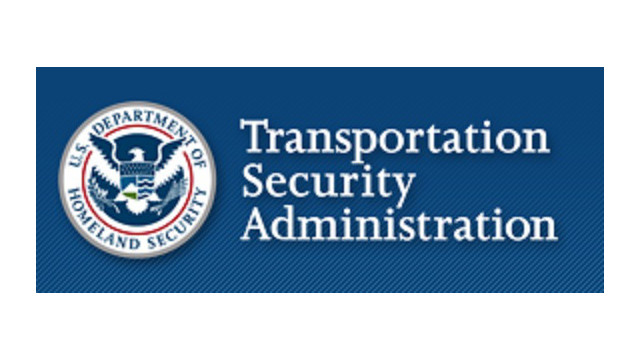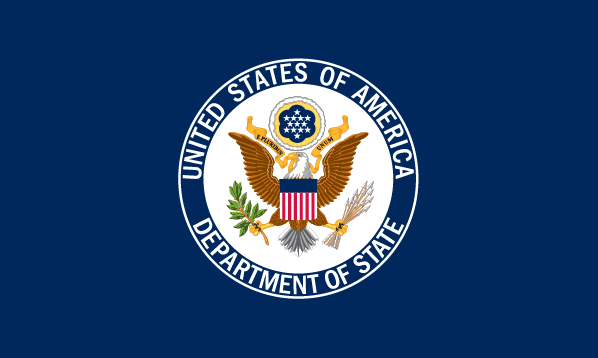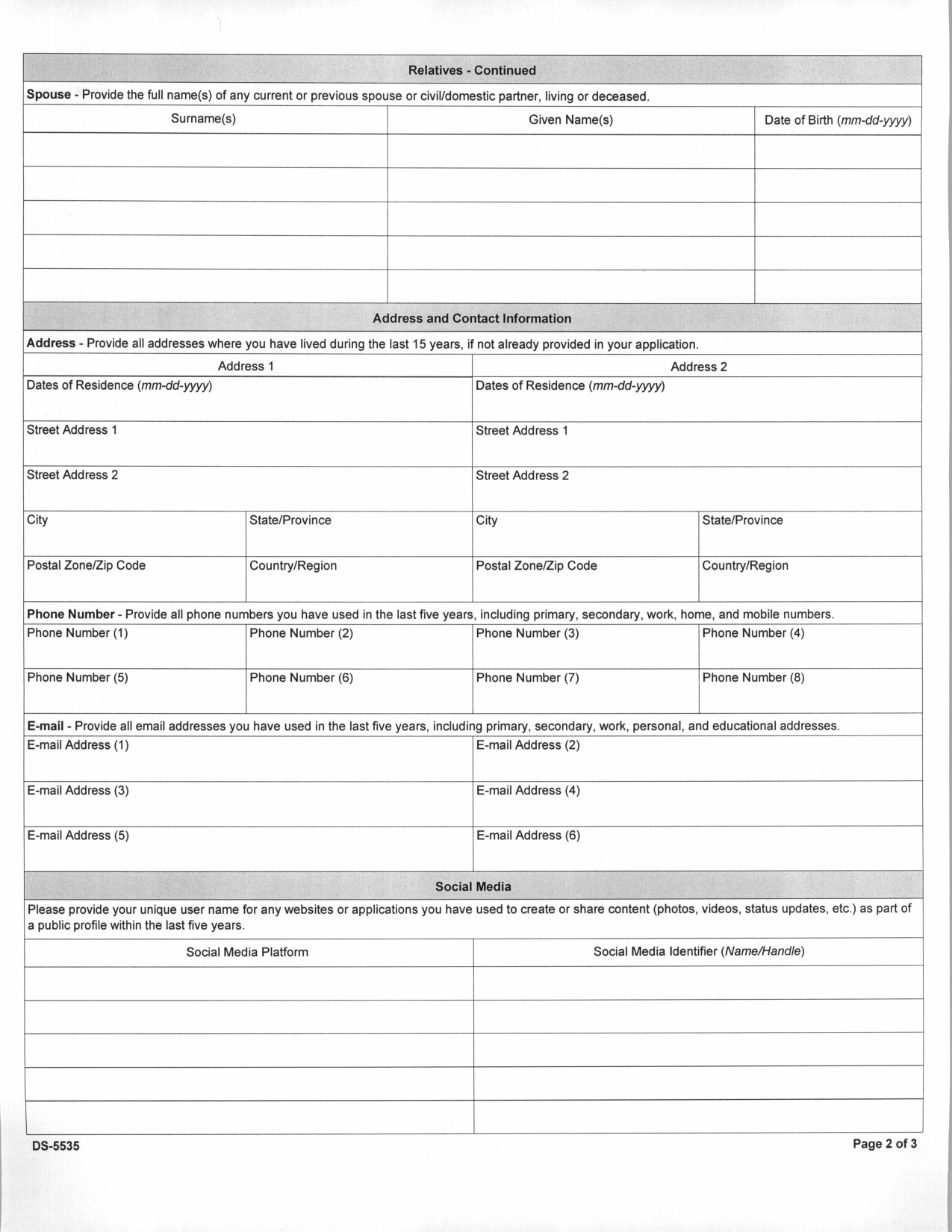
by Lufthansa Flyer | Jun 13, 2017 | Austrian, Featured, Industry News, Lufthansa, Passenger Experience |
Over the last few days, German media has been reporting a new concept being considered by Lufthansa to further enhance cost savings when it comes to flight operations out of the hubs in Europe.
Lufthansa’s Harry Hohmeister has unveiled plans that will create a potentially new ‘Flexible Routing’ fare that will allow Lufthansa to change already issued tickets for passengers willing to be more flexible in their trip routing.
The reasoning behind this concept will allow Lufthansa to self-direct passenger flow through hubs based on demand and pricing. For example, Frankfurt Airport charges Lufthansa up to 20% more for handling long haul LH flights and passengers than Munich, Zurich, or Vienna charge. Having passengers reroute through lower cost hubs obviously would net a positive impact on LH’s bottom line. In their planning, LH would be able to determine in advance if other hubs and flights have capacity to handle last minute changes. If not, the flex fare passenger would fly their original ticket.
An example could look like:
A passenger books a flight from Chicago to Berlin. The original booking would have the passenger transit through Frankfurt enroute to Berlin. Under a flex routing fare, Lufthansa could re-ticket the passenger a few days before the flight to have them fly Chicago – Munich – Berlin, Chicago – Vienna – Berlin, or Chicago – Zurich – Berlin and thus avoid the extra costs associated with routing a passenger through the more pricey Frankfurt.
Passengers flying under a flex routing fare would be informed days or weeks ahead of their trip, letting them know if their original routing has changed.
Please understand that only a ‘flex routing’ fare class would subject a passenger to a last minute rerouting. Passengers flying on traditional fare classes would not be subject to these kind of changes.
Lufthansa has already sent a ‘shot across the bow’ to Frankfurt by announcing a transfer of 5 A380 aircraft to Munich, thus already reducing capacity at Frankfurt and potentially preparing for the roll out of the new flex-routing fares and increasing capacity in Munich.
In his comments, Hohmeister indicated that passengers agreeing to a flex routing fare would be well rewarded for their willingness to be flexible.
Plans are in place to unveil the new program for Lufthansa and Austrian operated flights at the beginning of 2018.

by Lufthansa Flyer | Jun 8, 2017 | Electronics Ban, Featured, On Board Experience, Passenger Experience, Security, State Department |
During testimony in Washington DC yesterday, Homeland Security boss John Kelly signaled that he is prepared to expand the current Electronics Ban to include 71 airports around the world.
His premise for this threat stems from these 71 airports not meeting the screening standards that are expected of them by US security officials. He declined to say which 71 airports he was referring to.
This list of 71 would most like include the 10 that are already on the list that prevents passengers from boarding with electronics larger than a typical smartphone.
He did say that any airport on the ‘banned list’ would have the opportunity to have itself removed if it upgraded its screening process to the level required by US Homeland Security.
For now, he did not indicated if, or when this extension would be put in place.
With all this said, it appears that Homeland Security may be softening its tone about the ban. As little as 2 weeks ago, rumors started swirling that the ban would even affect flights departing the USA. But in hearing Kelly’s comments yesterday, it appears that an airport may be exempt from a ban if it screens electronics ‘appropriately’. I suspect that most if not all US airports have the ability to appropriately screen electronics, so I’m hopeful that the ban may not be an ‘all or none’ proposition.


by Lufthansa Flyer | Jun 2, 2017 | Featured, Passenger Experience, State Department, Visa |
The US State Department has issued a supplemental form for those who need a Visa to enter the USA. Though it is not breaking news since the State Department said previously that they were heading in this direction, it is now part of the process to gain entry to the states.
Not everyone applying for a Visa will be required to submit this supplement. According to the Federal Register, it is expected that this supplement may affect 65,000 Visa applicants.
The form itself is quite clear in terms of what information is needed:
- Personal history, including passport info and countries visited over the last 15 years.
- Information on siblings and spouses.
- All of your email addresses over the past 5 years, including personal, work, and educational addresses.
- All of your social media handles and aliases over the past 5 years.
- Employment history over the past 15 years.



In looking at the fine print, it appears that this form is set to expire in November 2017. The State Department offers no information as to whether or not this enhanced screening will continue beyond the expiry of this form. Normally forms like this are approved by the US Office of Management and Budget (OMB) are valid for 3 years.
With this form only being valid until November, I can’t help but think it’s a temporary measure put in place by the White House on heels of their strategy to temporarily increase scrutiny on those wishing to enter the country.









